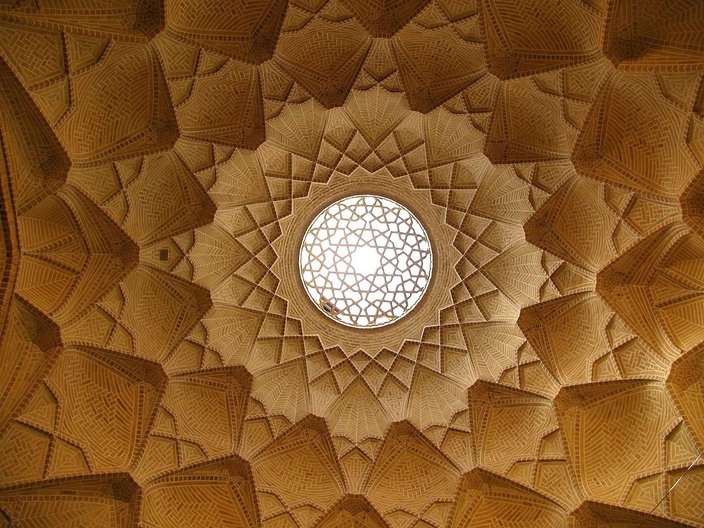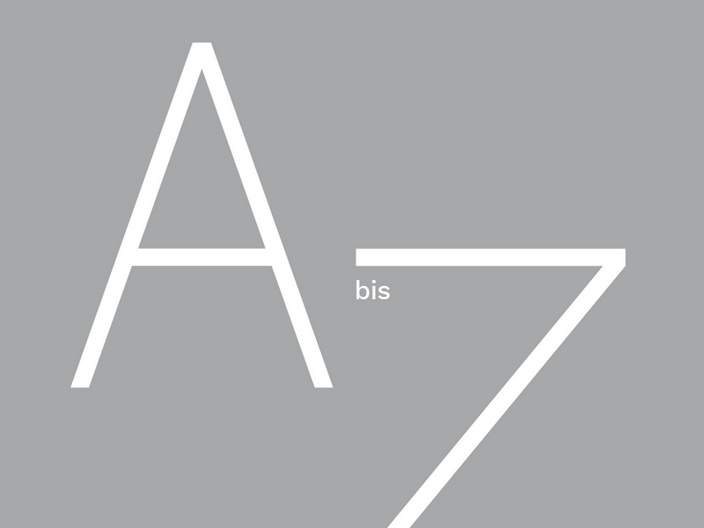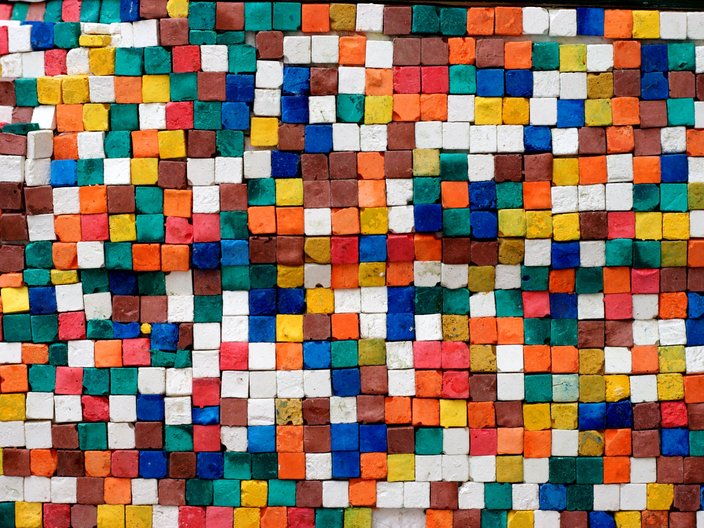For UNESCO – the only United Nations organisation responsible for cultural matters – culture is the seed and source of human identity, dignity, social cohesion and peace. Culture opens the door to openness and innovation, enabling us to prepare for new challenges, adjust to crises and promote sustainable development. UNESCO defines culture as ‘the set of distinctive spiritual, material, intellectual and emotional features of society or a social group, which are distinctive and unique.’
UNESCO is committed to protecting unique cultural and natural sites and preserving diverse cultural forms of expression and vital cultural heritage. The UNESCO World Heritage Convention of 1972 is one of the most successful international instruments for safeguarding natural and cultural heritage worldwide. Furthermore, UNESCO promotes artistic innovations and supports humane working conditions for artists and cross-border collaboration in the creative economy.
Culture is constantly changing. In its various committees and forums and through regular participation in international cultural conferences, UNESCO furthers global dialogue and progress in cultural policy. Its conventions serve to protect and promote culture in all its diversity. The UNESCO World Culture Report analyses global trends and the challenges facing cultural policymakers around the world.
Focuses of the German Commission for UNESCO
The German Commission for UNESCO advises the German federal government on all UNESCO-related cultural political matters. It supports measures that protect and develop Germany’s cultural diversity and cultural heritage in coordination with a large nationwide network.
In cooperation with numerous partners, the German Commission for UNESCO initiated and drafted the Fair Culture Charter which calls for humane working conditions for artists and cultural workers around the world.
As the national contact office for the UNESCO Convention on the Protection and Promotion of the Diversity of Cultural Expressions, the German Commission is dedicated to protecting and promoting culture, creativity and cultural diversity.
Commissioned by the German Bundestag as the central office and competence centre of UNESCO World Heritage in Germany, it organises advice, information and education initiatives.
As the national contact office for the UNESCO Convention on the Preservation of Intangible Cultural Heritage, the German Commission promotes the visibility, appreciation and cultivation of passed-down knowledge and skills.
As the national contact office for the UNESCO Memory of the World programme, it works to safeguard and facilitate accessibility to outstanding documents of cultural heritage, such as valuable book collections, manuscripts, images, audio recordings and film documents.
It is likewise responsible for processing applications for and networking between German UNESCO Creative Cities, distinguished by UNESCO on account of how effectively their cultural scene and creative economy have been integrated into their urban development.
Numerous cities and stakeholders contribute to fostering a multifaceted and vibrant culture.




